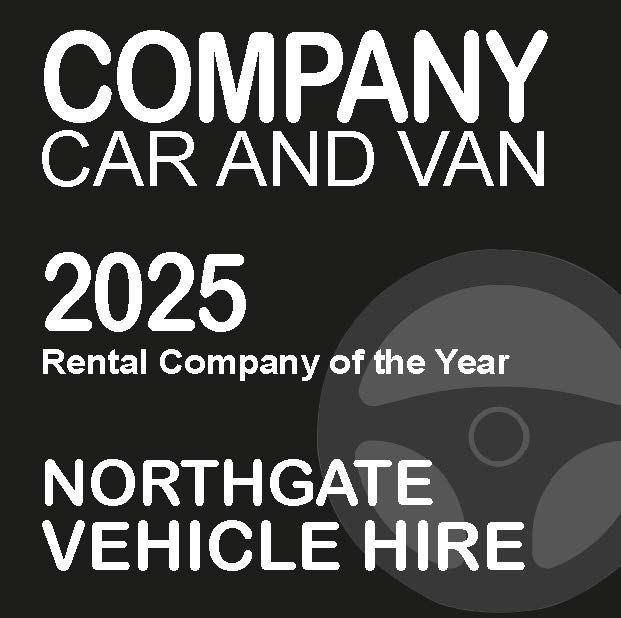Discussing the new 2035 deadline
![]() 01/11/2023
01/11/2023![]() 6 minutes read
6 minutes read
Let’s rewind back to November 2020 when the UK government revealed an ambitious 2030 net-zero initiative for electric vehicles (EVs) with aims of building a greener, more sustainable, and cleaner future.
The UK EV initiative’s purpose
With the effectiveness of EVs still a relative unknown at that point in comparison to ICE vehicles, the fleet industry had mixed reviews to the news of a ban to the sale of new petrol and diesel cars by 2030. An initiative designed to encourage the widespread adoption of EVs to reduce carbon emissions and combat climate change which also served as a catalyst for innovation and investment in EV technology.
In short, the government was challenging (and funding) the UK’s automotive industry to accelerate the development of affordable, efficient, and eco-friendly vehicles, with the charging infrastructure to match.
Understanding the 2035 deadline
The number of EVs registered in the UK has grown at a rapid rate. With EV technological advancements, cashflow benefits, government grants, increasing public charging infrastructures and ULEZ/CAZ regulations making them an attractive option for consumers and businesses alike. ZapMap reported 1,200,000 fully electric cars on UK roads and a further 690,000 plug-in hybrids. Fully electric cars now account for 64% of all plug-in cars, rising from 47% in 2020.
It may have come as a surprise to many when the then Prime Minister announced a five-year delay to the deadline, with a new end-date set for 2035. This move to reset the UK’s approach to meeting net zero targets came amid concerns the 2030 deadline would have placed too much financial burden on the public during a cost of living crisis.
A recent change in government has created uncertainty around the 2035 end-date for new petrol and diesel light commercial vehicles (LCVs), despite the Department for Transport reaffirming the 2030 deadline for new petrol and diesel car sales.
What about the ZEV mandate?
The Zero Emission Vehicle (ZEV) mandate for manufacturers dictates what percentage of fleet must be registered as electric to avoid significant fines (£15,000 per car and £9,000 for vans in the first year before rising to £18,000 per van). This means that in 2024 each manufacturer must register a minimum of 1 EV per 10 vans sold.
The Impact of this will be two-fold:
- Price of Diesel Vehicles will increase significantly due to supply and demand.
- Lead times will increase and there will be shortages so fleets must plan further in advance.
Northgate’s thoughts
We believe that it is still vitally important for businesses to continue their own Drive to Zero as – in addition to ICE vehicles becoming scarcer due to the ZEV manufacturer targets – increasing numbers of contracts with 3rd parties will require businesses to demonstrate carbon reduction.
The future of emission standards
Euro 7, introduced in November 2022 and set to take effect from July 1st, 2025, represents the next emissions standard for both light-duty (cars and vans) and heavy-duty vehicles (trucks and buses) across the EU and UK. Under Euro 7, all vehicles are subject to a standard set of emissions limits, irrespective of whether they run on petrol, diesel, electric, or alternative fuels.
The prediction within the industry is that Euro 7 will increase ICE fleet costs with additional costs of over €300 per van, to cover the extra manufacturing costs to meet the new emissions standards. Vehicles will have to be made with on-board emission monitoring systems to measure their emissions performance, and alert drivers to any emissions problems.
The stricter set of rules is projected to have greater impact than the previous standards, such as:
- 13% reduction in tailpipe particles of light-duty vehicles.
- 39% reduction in tailpipe particles of heavy-duty vehicles.
Supporting your electrification at every step
At Northgate, we offer comprehensive support at every stage of your electric vehicle (EV) transition from planning your EV strategy to the execution phase and beyond, our Drive to Zero programme is here for you. Whether it's guiding you in selecting the ideal E-LCV, setting up the necessary charging infrastructure, providing driver training, or offering valuable advice regarding eligible government grants, we're fully equipped to facilitate your transition to an electric fleet.
Plan your EV adoption strategy today
Whether in 2030 or 2035, the end of the sale of new petrol and diesel vehicles will be here before you know it. With the average transition taking around 18 months, you need to start planning your phased approach towards a total EV fleet now for your business to be in a good place moving forwards.
Download our Drive to Zero Guide
DOWNLOAD






